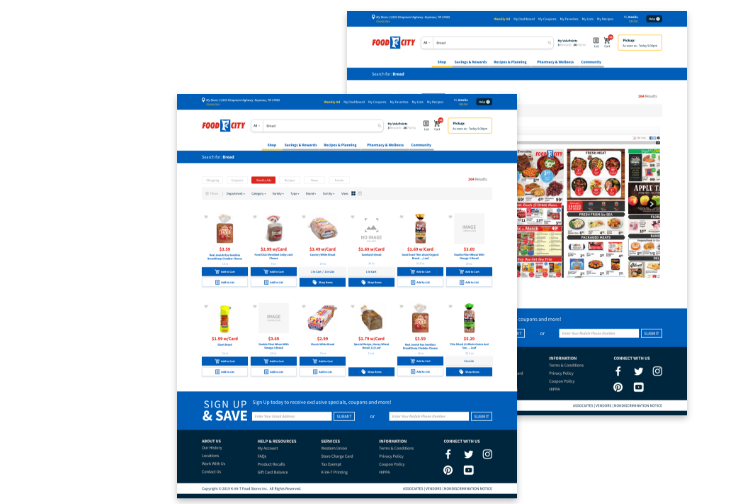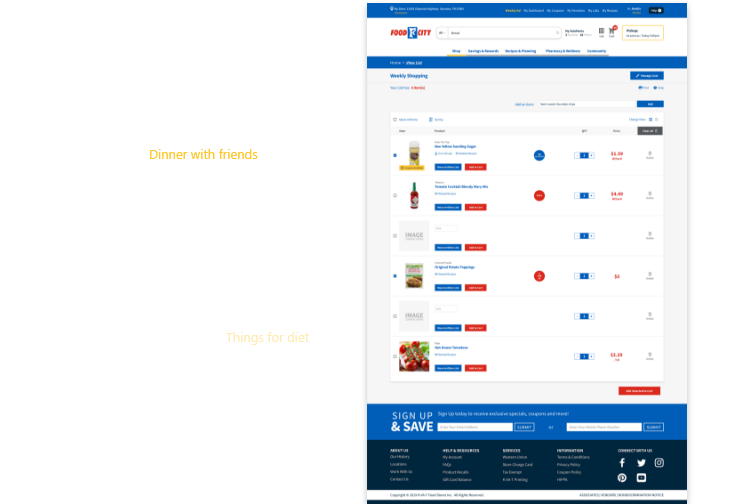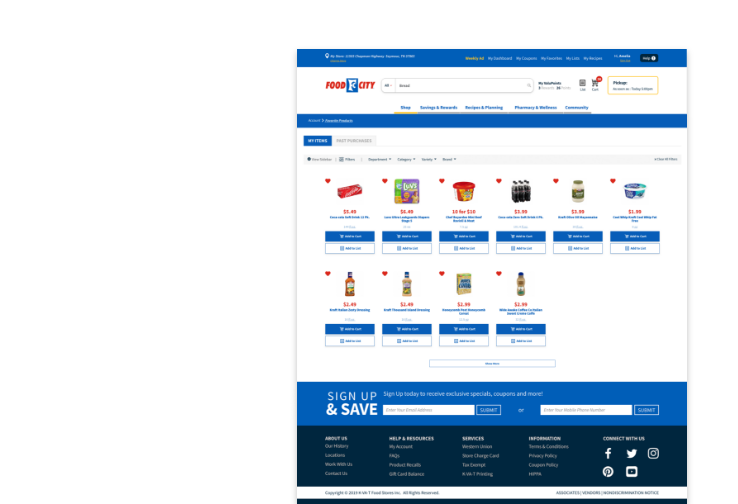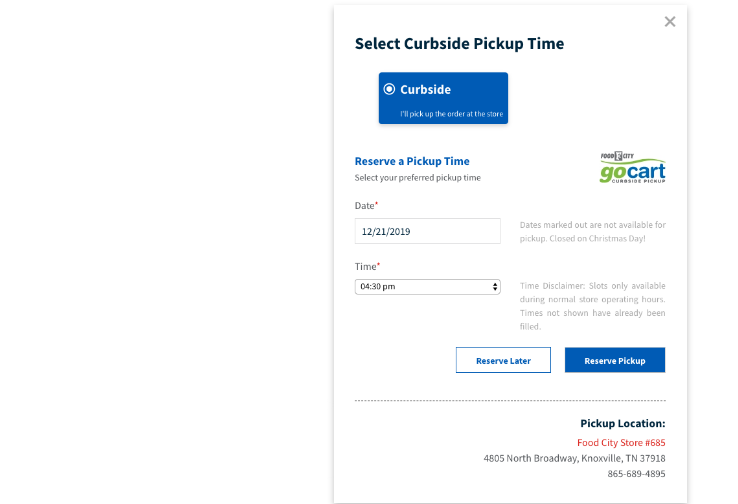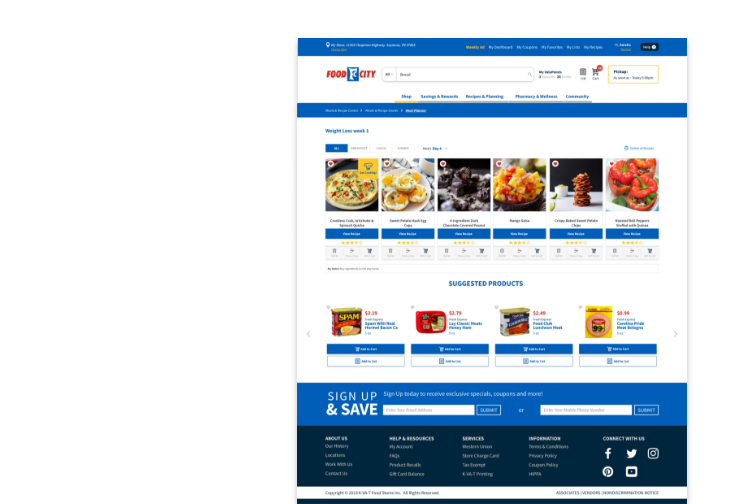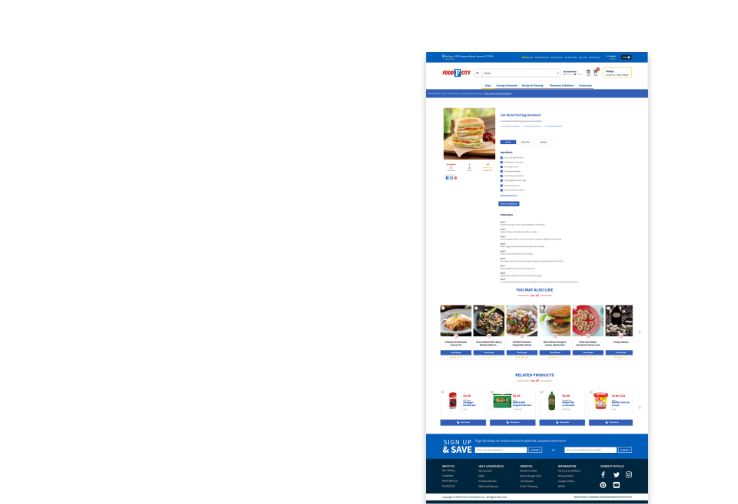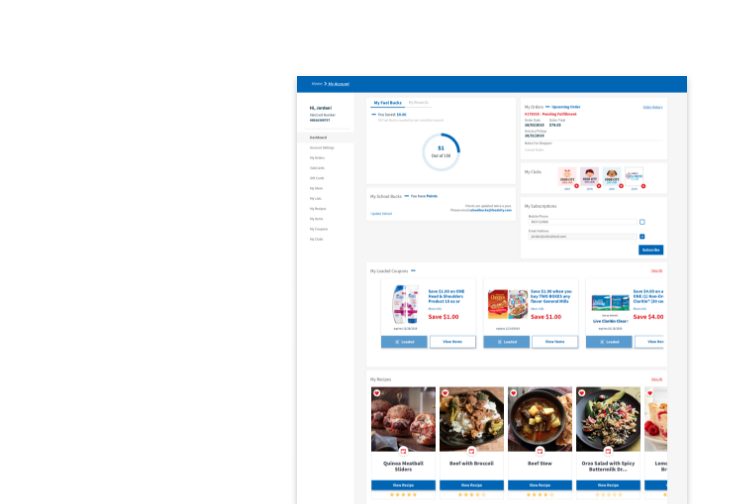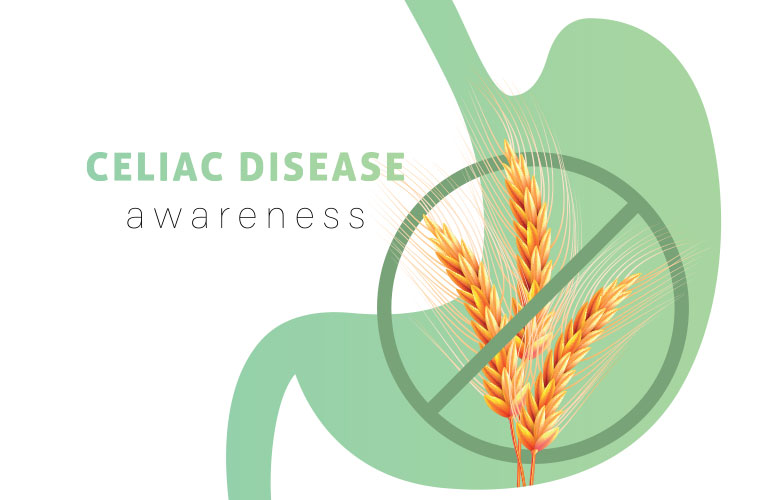
Wellness Club — Celebrating Celiac Awareness Month
Abingdon, VA. -
Wednesday, May 1, 2024.
Written by:
Melanie Matarazzo, Food City Dietetic Intern
Nicole Pazdziorko, RDN, LD, Food City Dietitian
May recognizes Celiac Awareness Month – a month dedicated to improving understanding, establishing support and advancing research for celiac disease. Celiac disease is a serious autoimmune disorder triggered by gluten ingestion, affecting millions worldwide. Understanding celiac disease is the first step towards supporting those living with it. This condition causes a severe reaction to gluten, a protein found in wheat, barley, and rye. For individuals with celiac disease, consuming gluten triggers an immune response that damages the small intestine’s lining, leading to digestive issues and nutrient deficiencies. Therefore, adopting a strict gluten free diet is essential for managing symptoms and promoting overall health.
One of the primary obstacles to timely diagnosis and treatment is the variability of symptoms. While some individuals may experience classic gastrointestinal symptoms, others may present with less obvious signs or even no symptoms at all. Consequently, celiac disease is often misdiagnosed or overlooked, leading to unnecessary suffering and complications.
The most important part of celiac disease management is adherence to a strict gluten free diet. For individuals with the condition, avoiding gluten is not a dietary preference but a medical necessity. Even small amounts of gluten can trigger immune reactions and damage the intestine, underscoring the importance of accurate food labeling and safe food practices.
Individuals with celiac disease must navigate social situations, dining out, and grocery shopping with vigilance to avoid inadvertent gluten exposure. Try these tips when it comes to shopping gluten-free picks at Food City.
Read Nutrition Labels
It is essential to inspect nutrition labels to verify that the ingredients list contains no gluten-containing grains. Sometimes foods that do not naturally contain gluten can come into contact with gluten during the manufacturing process, so it is imperative to be aware of ingredients that are commonly susceptible to cross contamination, such as oats, pizza crusts, french fries or other foods that may have been fried in oil used for foods that contain gluten.
Shop Gluten-Free Designated Sections of the Store
Thanks to increased awareness, there is a much wider range of gluten-free alternatives to traditionally gluten containing foods, than in decades past. Food City offers a wide array of gluten free options, making it easier for individuals with celiac disease to enjoy their favorite foods without compromising their health. Locate areas of the store that are designated Gluten Free in aisles and in the bakery section. Items in this section must be Certified Gluten Free, meaning that not only is the ingredient list free from wheat, barley and rye, but they have also been independently verified to contain no more than 20 parts per million of gluten.
Choose Nutrient Dense Foods That are Naturally Gluten Free
To help support overall health, aim to prioritize those naturally gluten-free foods that are rich in nutrients. To do this, fill your plate with plenty of fruits, vegetables, fiber-rich starches and grains, like quinoa, rice, potatoes and corn; fish and seafood, beans and legumes.
Whether you are living with celiac disease, gluten intolerance, or simply aiming to choose more nutrient dense choices, you can find options that help to support your health at Food City. Visit foodcity.com for shopping tips, dietitian picks and recipes.

